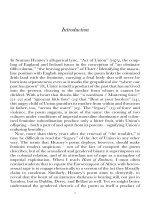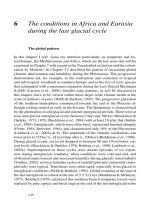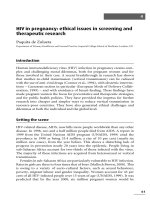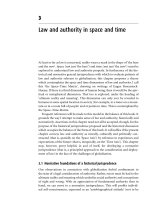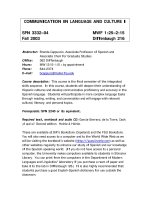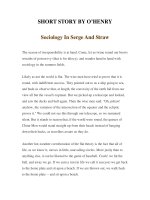Words ending in ise and ize
Bạn đang xem bản rút gọn của tài liệu. Xem và tải ngay bản đầy đủ của tài liệu tại đây (9.31 KB, 2 trang )
Words ending in -ise and -ize
Many English words can be spelt with either –ise and –ize. In American English, the spelling with –ize is
preferred. In British English, both forms are usually possible.
Examples are:
British English
American English
Realize / realise
Realize
Mechanize / mechanise
Mechanize
Computerize / computerise
Computerize
Baptize / baptise
Baptize
Some words have –ise in both British and American English. Examples are:
Surprise; revise; advise; comprise; despise; compromise; exercise; supervise; televise; advertise
In American English advertize is also sometimes possible.
Exception
Capsize has –ize in both British and American English.
If you are in doubt, remember that in British English the forms with –ise are almost always possible.
Adverb formation
We normally change an adjective into an adverb by adding –ly.
Real – really
Definite – definitely
Pale – palely
Complete – completely
Right – rightly
There are some exceptions to this rule.
True – truly (NOT Truely)
Due – duly
Whole – wholly
Full – fully
Y and i
-y usually changes to –i
Happy – happily
Easy – easily
Dry – drily or dryly
Gay – gaily
Exceptions are:
Shy – shyly
Sly – slyly
Coy – coyly
Adjectives ending in consonant + le
-le changes to –ly after a consonant.
Idle – idly
Noble – nobly
Able – ably
Adjectives ending in ic
If an adjective ends in –ic, the adverb ends in –ically.
Tragic – tragically
Phonetic – phonetically
Note that public is an exception to this rule.
Public – publicly
Stay on top of your writing! Download our grammar guide from www.englishgrammar.org to stay up-to-date.
Powered by TCPDF (www.tcpdf.org)




